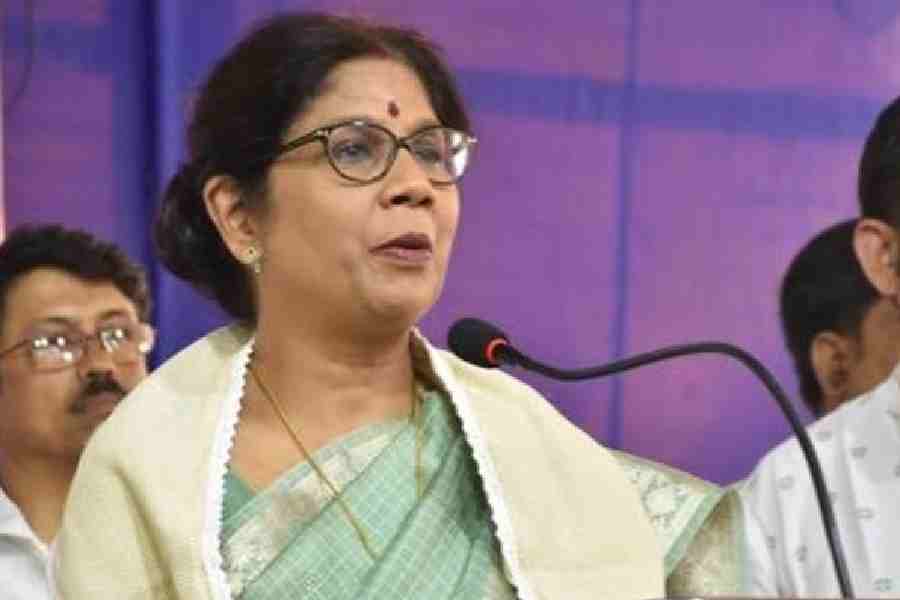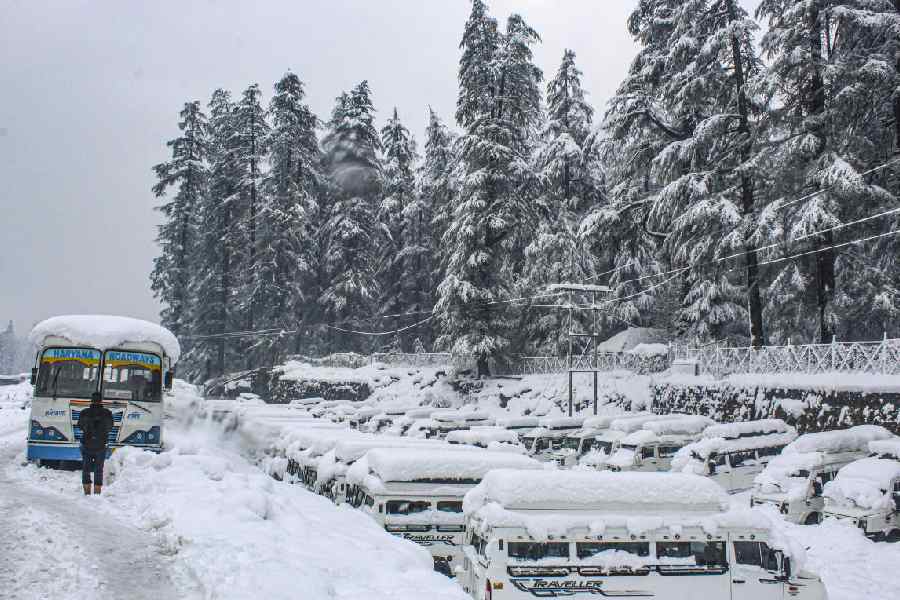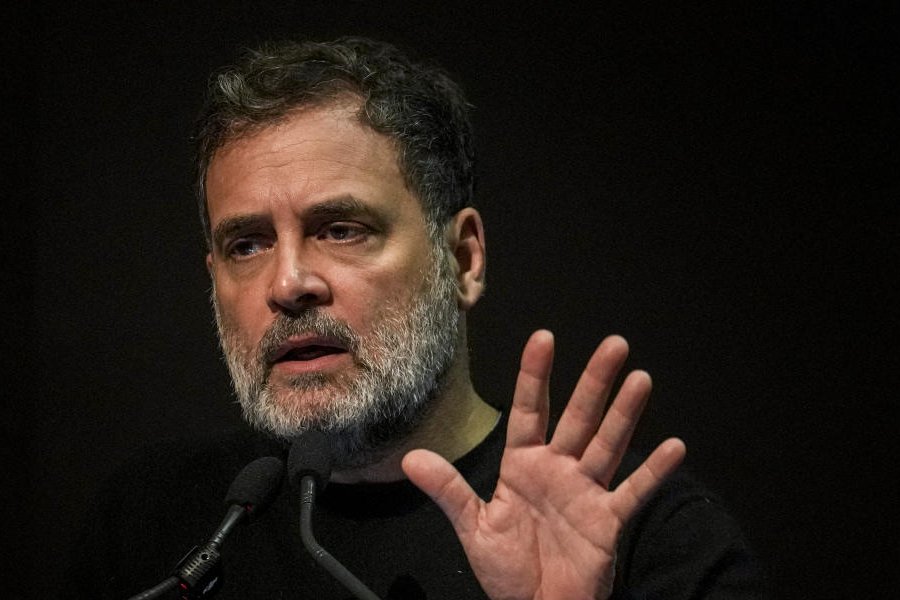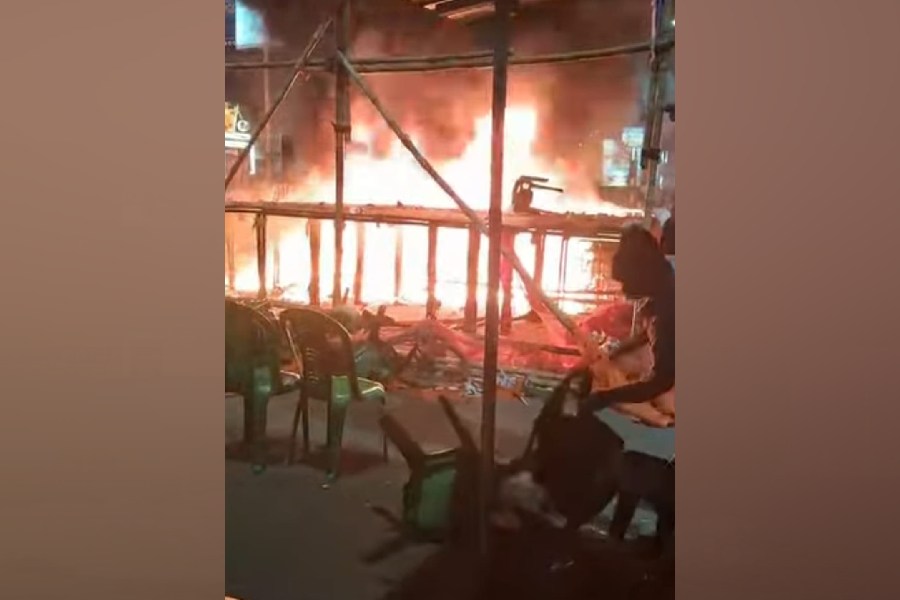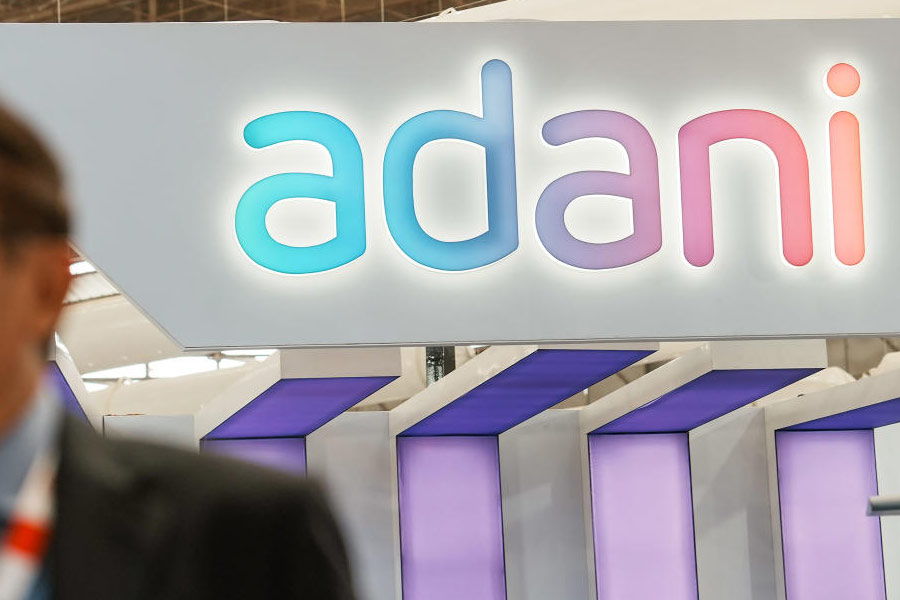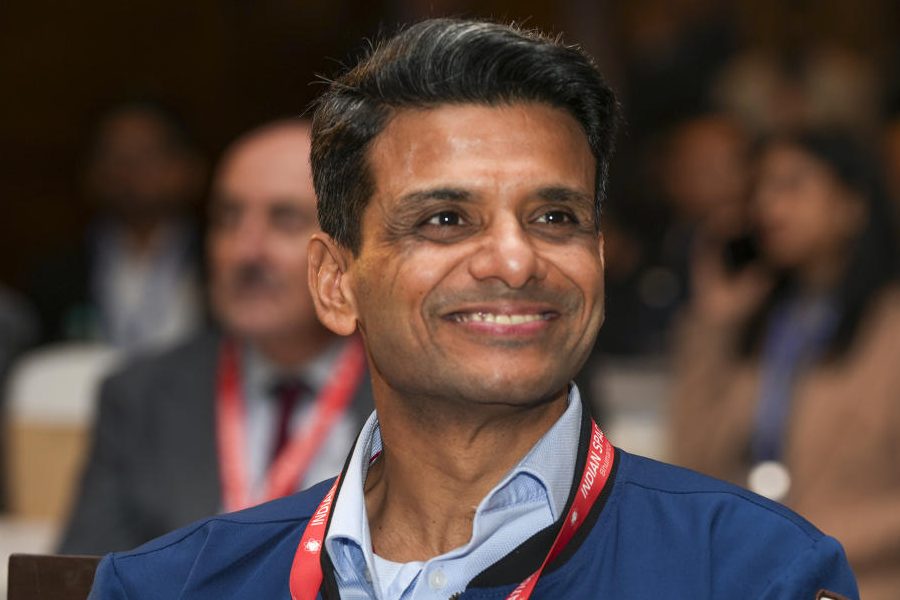 |
| Jagdish Thakkar |
New Delhi, June 9: In the new who’s who of Delhi’s power network, this may be a connection of no significance. But it probably speaks charmingly of the complexities of genealogy that a fraternal descendant of Mohammed Ali Jinnah has come to occupy a key corner in the reordered brickwork of the Narendra Modi PMO.
Jagdish Thakkar, the man appointed to speak for Prime Minister Modi — or speak very little, we are told on good authority — comes from the same stream of Gujarati Lohanas as the progenitors of Pakistan’s Qaid-e-Azam.
Jinnah’s grandfather Premjibhai “Meghji” Thakkar, and his father Poonjabhai “Jinno” Thakkar, were Lohana businessman from the Veraval coast near Somnath. Their dabbling in the lucrative local fish trade, though, was unacceptable to the staunchly vegetarian community.
The Meghji clan chose commerce over creed and switched religion with no intimation that one family’s change of course would come one day to violently transform the geo-politics of the subcontinent. Even today, Gujarati Lohana tradesmen who converted — Memons, Khojas, Voras — dominate the Karachi markets and probably constitute Pakistan’s most prosperous mercantile class.
Their Gujarati kin, another Lohana, is now moving into a Raisina Hill office tasked with merchandising a critical aspect of the Modi premiership — its optics and phonics.
At 70-plus, Thakkar may not sound the right pick as public relations officer (PRO) for a Prime Minister who seeks to address himself to whetted aspirations of a “young and new” India. Neither may it appear handy that Jagdishbhai, as he is known in Gandhinagar circles, is a rank outsider in the national capital, a man whose entire working life has been provincial. Nor that he comes with no established lines to New Delhi’s overheated media juggernaut.
But to the man who has brought him in — Prime Minister Modi — all of these seeming handicaps may mean defining assets. Modi has long proclaimed himself an “outsider” to New Delhi’s power complex and professed a desire to undo, or re-arrange, its architecture.
Now that he is at the centre of it, Modi may see himself as a bit of an interloper Prime Minister who will redefine ways of working. He doesn’t mind having a PRO unversed in the ways of New Delhi.
As one senior officer told The Telegraph: “It is for New Delhi to make itself familiar to Modi and his style, not the other way round, this man will not follow conventional fashion, he will go along crafting his own. The onus is on the others to keep track.”
Thakkar is an entity inducted to fit that scheme: he won’t be raring to get familiar with Delhi’s movers and shakers, Delhi will have to scramble for access to him.
If and when that has been achieved, the likelihood with Jagdishbhai is that little else will follow. In the three decades that he spent as PRO to ten successive Gujarat chief ministers, he is fabled not to have uttered a single line that made news.
That’s probably one reason why he was retained by chief ministers as adversarial as Amarsinh Chaudhary and Madhav Sinh Solanki (Congress), Chimanbhai Patel and Chhabildas Mehta (Janata-Congress), Shankarsinh Vaghela, Keshubhai Patel and Narendra Modi (BJP).
When Modi became chief minister of Gujarat in 2002, Thakkar, an Information Service officer on the verge of retirement, was one of very few functionaries he retained from Keshubhai.
A senior Ahmedabad-based journalist familiar with the Thakkar information regime had this to say: “He is there to serve his boss, whoever that might be. He is not there to serve the media. He can be irritatingly polite and welcoming, but he will serve up nothing more than tea and biscuits. When he has information to give out, he will give out what he or his boss wants given out, not a word more. And it comes to you as a cold press release. He is great news for his boss, bad news for the media.”
It’s probably a measure of the sentiment the man already inspires around the new regime that nobody who knows him was willing to go on record. Many, including serving functionaries of the PMO, bluntly declined comment or made themselves unavailable.
Jagdishbhai’s practised style may, in fact, court a new way of expanding the familiar PRO — he is more a press release officer, less a public relations man. He is deft at need-to-know brevity; Gujarati is his chosen medium, his English is competent for the job he undertakes. The Prime Minister trusts him with most translation work, a task he performed 24/7 during Modi’s extended run on the campaign trail.
His press notes can often be short and curt. Should you attempt information on background, dialling Thakkar or knocking at his door may be a waste of time. “He won’t go beyond his press release,” a one-time spokesman of the Gujarat BJP said.
“In fact, he will get from you more than what he gives. Often Narendrabhai will ask him ‘suu chhe media no mood?’ (what is the media’s mood like?) and he will depend on Jagdishbhai to tell him the truth. He is sharp on the uptake and he can talk frankly to Narendrabhai, he is no chamcha telling his boss what he may want to hear. On the other hand, he will spell out to the public strictly and only what his boss wants. He probably knows Narendrabhai’s mind like no other, and astutely, he does not like to send out that impression of himself.”
A bureaucrat who has known him over time told The Telegraph this of why the Prime Minister trusts Thakkar more than most: “His only ambition is to serve his boss, loyally and totally. Thakkar is honest, untiring, frank, and he will do what he is asked unquestioningly. He is also a my-lips-are-sealed man. Band ho mutthi to lakh ki, khul gayi to khaak ki (A closed fist is worth millions, when opened, it turns to ash). His fist never opens, that’s why he is where he has been for such a long time. Don’t expect leaks from the PMO, don’t expect a word more than what Thakkar will want put out.”
Could his arrival mean the trophy post of media adviser to the Prime Minister will run void in the new PMO? The odds are biased towards maybe. If his job description in Gujarat is any yardstick, Thakkar’s desk may come to be a centralised information source, often subsuming the governmental and the political. If Modi’s claims itself to be a transparency regime, it has also put in charge a man whose tacit and taciturn ways are already lore in Gujarat. The information output on the PMO website and social media platforms already offers clues — it’s profuse on events and engagements, deficient on substance.
This, too, will perhaps work as illustration. Shortly after Amit Shah was arrested in July 2010 for his alleged role in the Sohrabuddin murder, Jagruti Pandya, widow of slain BJP leader Haren Pandya, wrote to Modi seeking a fresh probe into her husband’s assassination. She simultaneously released her letter to the media.
That evening, several Ahmedabad journalists were told to await a statement on the matter from Jai Narayan Vyas, then spokesman for the Gujarat government. Delayed beyond a point, some newsrooms called Vyas to ask what had happened. Vyas protested no knowledge of any statement being put out.
But, of course, Jagdishbhai Thakkar was drafting it, Vyas was merely meant to put his signature to it post facto.
It’s not for nothing the Lohanas of Gujarat have travelled places.


